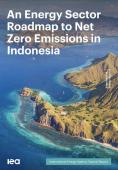
The IEA, in close collaboration with the Government of Indonesia, has developed this comprehensive roadmap, in line with the country's commitment to reach net-zero emissions by 2060.
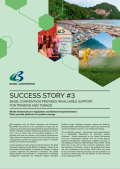
This case study focuses on the compliance with the Basel, Rotterdam and Stockholm convention in Small Island Developing States through the help of regional centres.
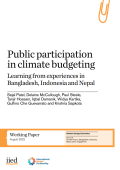
This case study explores the role of public participation in climate budgeting in these three countries by assessing these governments’ adherence to the Global Initiative for Fiscal Transparency (GIFT) principles of public participation in fiscal policy.
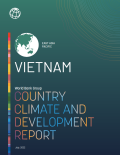
This report examines the adaptation and mitigation challenges faced by Viet Nam, paying special attention to policy trade-offs and providing recommendations to help policymakers prioritize among a range of options.
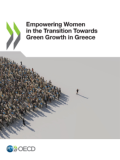
This report assesses Greek environmental and climate policies through a gender lens, and gender equality policies through an environmental lens.
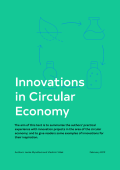
This case study provides practical experience with innovation projects in the area of the circular economy.

This case study outlines current barriers - cultural, market, technological and regulatory barriers - to achieve a circular economy in the Czech Republic and how to remove them.

This report explores opportunities and trade-offs for aligning Turkey's development goals with its recent commitments on climate change.
The Value of Landscape Restoration in Uzbekistan to Reduce Sand and Dust Storms from the Aral Seabed
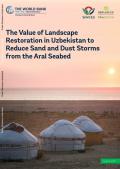
This study aims to provide an economic analysis of the benefits of afforestation of the former Aral Seabed in Uzbekistan.
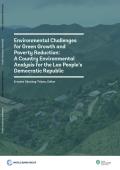
This report presents a state-of-the-art contribution of information to decision-makers in Laos who have an interest in achieving sustainable growth consistent with the 2019 National Green Growth Strategy.
